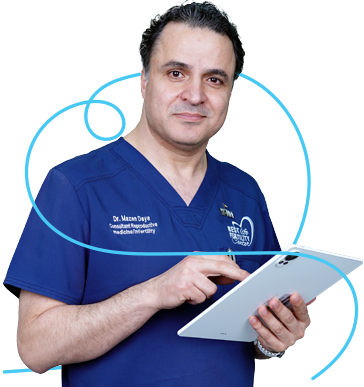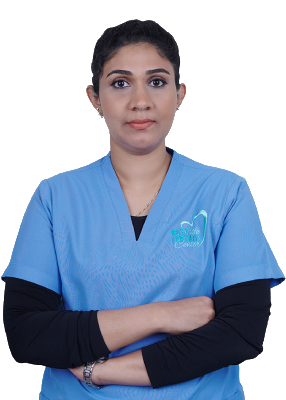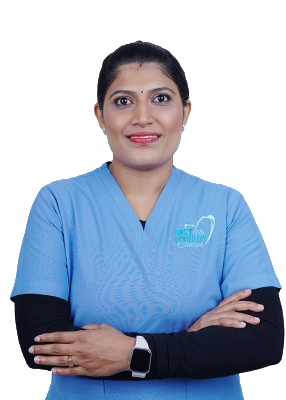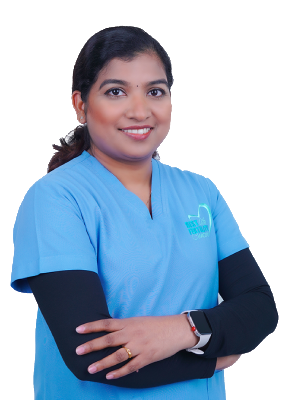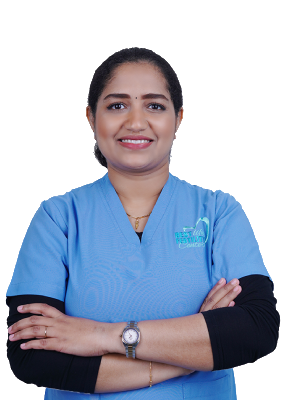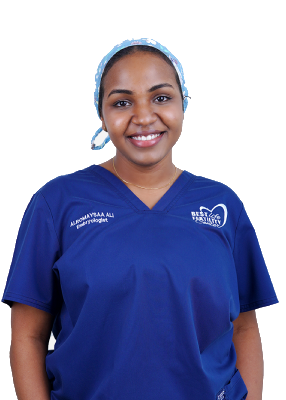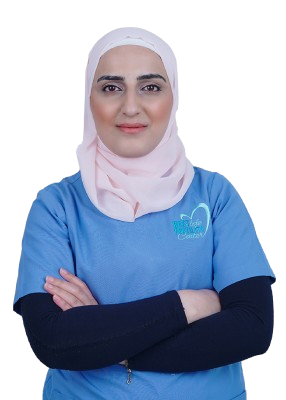Starting a family is one of life’s most cherished dreams — but for some couples, the path to parenthood can be challenging. Thankfully, with medical advancements like In Vitro Fertilization (IVF), hope is now within reach.
At Best Life Fertility Clinic, we specialize in helping couples in Dubai overcome infertility with personalized, science-backed, and emotionally supportive fertility care. If you’re considering IVF treatment in Dubai, this step-by-step guide will help you understand the process, expectations, and how we walk with you at every stage of your journey.
What Is IVF and Why Couples in Dubai Choose It
IVF (In Vitro Fertilization) is an advanced reproductive procedure where eggs and sperm are combined in a specialized laboratory to create embryos. The best-quality embryo is then transferred to the uterus to achieve pregnancy.
Couples in Dubai opt for IVF when they face:
- Blocked or damaged fallopian tubes
- Male infertility (low sperm count or motility)
- Polycystic ovary syndrome (PCOS)
- Unexplained infertility
- Advanced maternal age or repeated pregnancy loss
Best Life Fertility Clinic combines medical expertise, compassionate support, and modern technology to make your IVF experience as stress-free and successful as possible.
Step 1: Initial Consultation and Fertility Assessment
Your IVF journey begins with a detailed consultation with our fertility specialists. During this session, we:
- Review your medical and reproductive history
- Discuss previous treatments, if any
- Recommend personalized diagnostic tests
Comprehensive testing is crucial for accurate diagnosis.
For women, tests include hormone evaluation (AMH, FSH, LH), ultrasound scans, and thyroid profile.
For men, a semen analysis assesses sperm count, motility, and morphology.
The results help our specialists design a customized IVF plan that aligns with your medical needs, lifestyle, and emotional goals.
Step 2: Ovarian Stimulation and Monitoring
Once your plan is ready, the process of ovarian stimulation begins. You’ll take fertility medications that encourage your ovaries to produce multiple eggs instead of just one.
During this period, our team monitors your follicle growth and hormone levels through:
- Ultrasound scans
- Blood tests for estradiol and LH levels
When the eggs reach optimal maturity, you’ll receive a “trigger injection” to prepare for egg retrieval. This step ensures that multiple eggs are ready for fertilization.
Step 3: Egg Retrieval Procedure
About 34–36 hours after the trigger shot, your eggs are collected through a short, minimally invasive procedure performed under light sedation.
This outpatient procedure takes about 20–30 minutes, and most women return home the same day. Some may experience mild cramping or bloating — which subsides within 24 hours.
Our embryology team immediately evaluates and prepares the retrieved eggs for fertilization.
Step 4: Sperm Collection and Preparation
On the same day, the male partner provides a semen sample. In some cases, sperm can be retrieved surgically or thawed from a preserved sample.
The lab processes the sample to isolate the healthiest and most motile sperm, which are then used for IVF or ICSI (Intracytoplasmic Sperm Injection) — a procedure where a single sperm is directly injected into an egg for fertilization.
Step 5: Fertilization and Embryo Culture
Fertilization takes place in a controlled laboratory environment. Our advanced lab facilities use state-of-the-art incubators and time-lapse imaging to monitor embryo growth 24/7.
Embryologists carefully observe cell division and select the healthiest embryos for transfer. Extra viable embryos can be safely frozen (cryopreserved) for future use — saving time, cost, and effort for future cycles.
Step 6: Embryo Transfer
The embryo transfer is a quick and painless procedure. The best-quality embryo is gently placed into the uterus using a fine catheter — no anesthesia required.
This usually happens on Day 3 or Day 5 after fertilization. After the procedure, you’ll rest for a short period and continue hormonal support medications to enhance the chances of implantation.
Step 7: The Two-Week Wait and Pregnancy Test
After embryo transfer, a waiting period of about two weeks follows. This can be emotionally intense, but our fertility counselors and nurses are available for continuous support.
You’ll take a β-hCG blood test around Day 12–14 after the transfer to confirm pregnancy. If positive, an ultrasound follows to confirm the presence of a heartbeat and healthy early pregnancy.
If the cycle is unsuccessful, our team reviews your case and helps you decide the next steps — such as a frozen embryo transfer or a modified treatment plan.
Why Choose Best Life Fertility Clinic for IVF in Dubai
Choosing the right fertility clinic can make all the difference in your IVF success. At Best Life Fertility Clinic, we focus on personalized care and precision medicine for every couple.
What Makes Us Different:
- High IVF success rate in Dubai with advanced reproductive technology
- Personalized treatment protocols based on your fertility profile
- Cutting-edge embryology lab with time-lapse monitoring and AI-assisted embryo selection
- Comprehensive counseling & emotional support for couples
- Transparent pricing & ethical medical practices
- World-class fertility experts with years of experience in reproductive medicine
Every couple’s story is unique — and so is our approach.
IVF Success Rate in Dubai: What to Expect
IVF success varies from couple to couple and depends on:
- Age and egg quality
- Sperm health
- Uterine health
- Lifestyle and underlying conditions
At Best Life Fertility Clinic, our success rates are among the best in Dubai, especially for couples under 35. However, even if you’re older, modern techniques such as ICSI, PGT (Preimplantation Genetic Testing), and embryo freezing greatly improve outcomes.
Begin Your IVF Journey with Confidence
If you’re exploring IVF for couples in Dubai, take the first step toward your dream of parenthood with Best Life Fertility Clinic.
Our compassionate experts, advanced technology, and holistic approach make your fertility journey positive, personalized, and full of hope.
FAQs
1. What is IVF, and how does it help couples in Dubai?
IVF (In Vitro Fertilization) is a fertility treatment where eggs and sperm are combined in a laboratory to form embryos, which are then transferred to the uterus.
For couples in Dubai facing infertility due to blocked tubes, PCOS, low sperm count, or unexplained causes, IVF offers a highly effective path to conception using advanced medical technology.
2. How long does the IVF process take in Dubai?
The IVF process in Dubai typically takes between 4 to 6 weeks from the start of ovarian stimulation to the pregnancy test. This includes consultation, hormone injections, egg retrieval, fertilization, and embryo transfer.
Timelines can vary slightly based on your body’s response to medication and individual treatment protocols at Best Life Fertility Clinic.
3. What is the success rate of IVF at Best Life Fertility Clinic?
At Best Life Fertility Clinic in Dubai, IVF success rates range from 55 % to 75 % for couples under 35 and may vary depending on factors such as age, egg and sperm quality, and uterine health.
We use advanced lab technology and personalized care plans to maximize your chances of achieving a healthy pregnancy.
4. Is IVF treatment painful?
IVF is generally not painful.
- The ovarian stimulation phase may cause mild bloating or discomfort.
- Egg retrieval is performed under light anesthesia, so you won’t feel pain during the procedure.
- Embryo transfer is quick and painless, similar to a routine gynecological exam.
Our care team ensures your comfort throughout the entire process.
5. How much does IVF cost in Dubai?
The cost of IVF treatment in Dubai varies depending on your medical needs, the type of procedure (IVF or ICSI), medications, and whether genetic testing or embryo freezing is included.
At Best Life Fertility Clinic, we offer transparent and affordable IVF packages with flexible payment options so every couple can access world-class fertility care.
6. Can IVF help with male infertility?
Yes. IVF is highly effective for male infertility. If sperm count, motility, or morphology is low, our specialists use ICSI (Intracytoplasmic Sperm Injection) to inject a single healthy sperm directly into the egg, greatly improving fertilization chances.
7. How many embryos are transferred during IVF?
Usually, one or two embryos are transferred to minimize the risk of multiple pregnancies. The number depends on your age, medical history, and embryo quality. Our fertility specialists at Best Life Fertility Clinic follow international best-practice guidelines for embryo transfer safety.
8. When can I return to work after embryo transfer?
Most women can return to work the next day after embryo transfer, provided the job is not physically demanding. Gentle rest is advised for 24 hours, along with avoiding heavy exercise or stress during the two-week wait period.
9. Are there any side effects of IVF treatment?
Some mild side effects may occur, such as bloating, mood changes, or mild cramping. Rarely, Ovarian Hyperstimulation Syndrome (OHSS) can occur.
At Best Life Fertility Clinic, your cycle is closely monitored to prevent complications and ensure safety.
10. How soon can I take a pregnancy test after IVF?
You should take a β-hCG blood test about 12 to 14 days after embryo transfer to confirm pregnancy. This test provides accurate results compared with home pregnancy kits.
11. What lifestyle changes can improve IVF success?
A balanced diet, healthy weight, stress management, avoiding alcohol and smoking, and adequate sleep can all improve IVF outcomes.
Our clinic offers pre-IVF counseling and nutrition guidance to help couples prepare both physically and emotionally.



